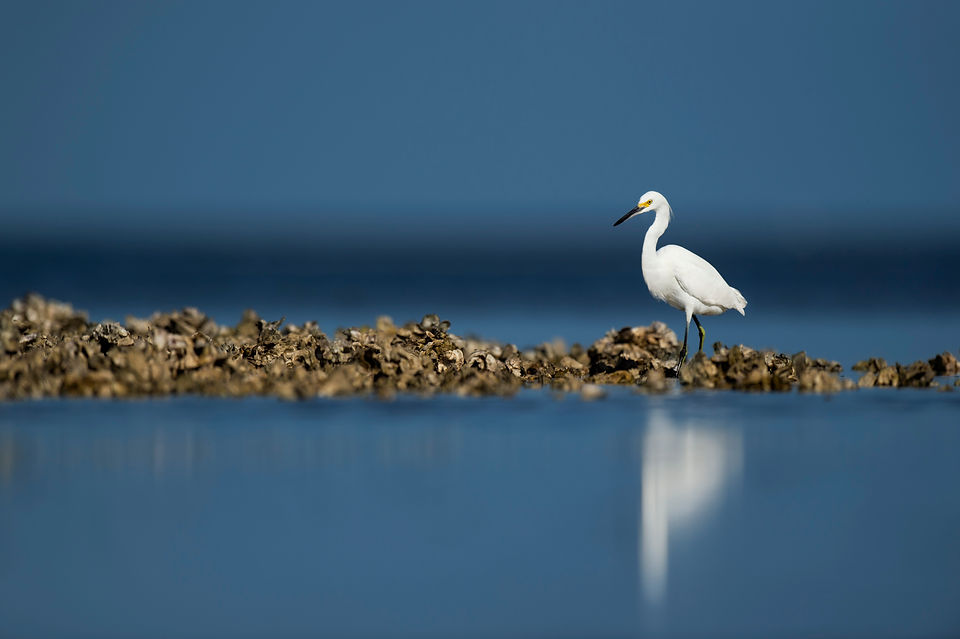

What is a living shoreline?
A living shoreline refers to a shoreline management approach that utilizes natural materials, vegetation, and ecological processes to provide shoreline protection and restore or enhance coastal habitats. Unlike traditional hard structures such as seawalls or bulkheads, which can cause adverse impacts on the environment, living shorelines aim to create a more sustainable and resilient coastal ecosystem.
Living shorelines typically incorporate elements such as marshes, wetlands, oyster reefs, seagrass beds, and other natural features to reduce erosion, absorb wave energy, and provide habitat for a variety of plant and animal species. These natural features help stabilize the shoreline, mitigate the impacts of storms, improve water quality, and enhance ecosystem productivity.
Living Shorelines Offer Several Benefits
Erosion Control
The combination of vegetation, roots, and natural materials helps reduce erosion along the shoreline by absorbing wave energy and trapping sediment.
Habitat creation
Living shorelines provide valuable habitats for a wide range of species, including fish, birds, shellfish, and other marine organisms. They contribute to the overall biodiversity and ecological health of the coastal area.
Water quality improvement
The vegetation and natural elements of living shorelines act as filters, improving water quality by trapping sediment, filtering pollutants, and absorbing excess nutrients.
Climate resilience
Living shorelines can help buffer the impacts of climate change, such as sea-level rise and increased storm intensity. They absorb and dissipate wave energy, protecting coastal communities and infrastructure.

Ideal Living Shoreline Location
Beaufort, SC is an ideal location for a living shoreline due to the tides, salinity and cleanliness of the water, year-round climate, suspended material in the water, and the natural importance of this counties estuaries to the eastern seaboard.